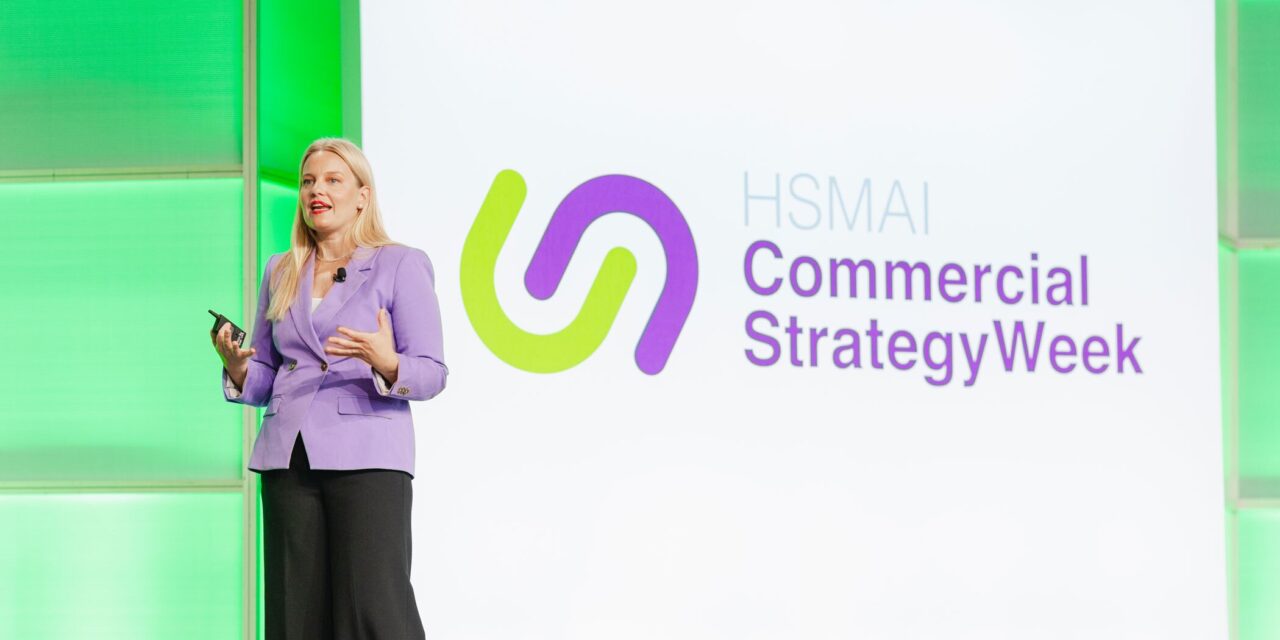Kirstin Frazell, industry manager of travel at Meta, speaks at HSMAI’s 2023 Revenue Optimization Conference in Toronto. (HSMAI)
Hotel News Now
Source: www.costar.com, July 2023
Execs from Google, Meta, Amazon Share Travel Insights
TORONTO — Travelers’ booking and purchasing behaviors are changing, and companies in the forefront of that change online say reaching consumers with relevant data is more important than ever.
During HSMAI’s recent Revenue Optimization Conference, executives from Google, Meta and Amazon shared some insights into how hoteliers should be thinking about change and what they can do to best reach a new generation of travelers.
Here are some of the highlights from their discussion.
Andy Nguyen, head of insights for travel and telecom at Google, said if there’s one thing hoteliers should know about traveler behavior, it’s that the most dominant travel-related activity online is researching. Google research found travelers spent three times as much time “planning, booking and dreaming about a trip than on the actual trip” and research continues during the trip itself.
“That means decision-making continues throughout the journey many times over and even after the purchase,” he said.
Nguyen said that means hotels need to make sure they have the best content possible, especially video content, to help travelers “confidently choose your brand.” And this is only going to become more important over time.
“It’s hard to believe, but 75% of Gen Zs say they actively look for inspiring travel content every day,” he said. “Compared to all other generations, they are more likely to get inspired with video content, specifically. By utilizing more visual and immersive experiences, you can not only entice travelers to book all of your amazing properties and sites, but you can help them right-size their expectations, driving greater satisfaction on the trip.”
Meta
Kirstin Frazell, industry manager of travel at Meta, said at every stage of the booking journey, discovery remains especially powerful. Because of that, hoteliers — and all businesses — need to be doing what they can to bridge the gap between discovery and purchase.
Her example within the Meta ecosystem is how often users open up Instagram with no intentions of buying anything but ultimately decide to make a spur-of-the-moment purchase inspired by advertising.
“That’s happening in the travel space,” Frazell said. “Every day, people are coming to our platforms to discover destinations, hotels and experiences that they want to take advantage of.”
Frazell said social media presence, in addition to driving bookings, helps drive relationships and loyalty.
“Connections fuel your relationships and ultimately loyalty,” she said. “You create connections and reward with points.”
Amazon
Meghan Joseph, manager of travel at Amazon Ads, said as hoteliers and travel brands adjust to a new generation, they need to keep in mind that on average Gen Z is expected to be more adventurous than their predecessors.
“They are digitally native, having grown up with the internet, and they’re more likely to prioritize experiences like travel over things,” she said. “In fact, four in 10 Gen Z customers who have recently shopped on Amazon are frequent travelers. Compared to other generations, adult Gen Z audiences have an adventurous spirit and community-oriented nature.”
That means they’re going to be much more likely to search out new destinations for travel and will be less beholden to the brands they already know and trust, she said.
To take advantage of that, Joseph agreed hoteliers should be offering up content that promises travelers something new and unique.
She said a bright side for marketers is, compared to other generations, Gen Z travelers are not only more tolerant of ads, but actually expect them. They are more likely to be drawn to ads outside of traditional channels — for example, virtual product placement within streaming television and other video content.

